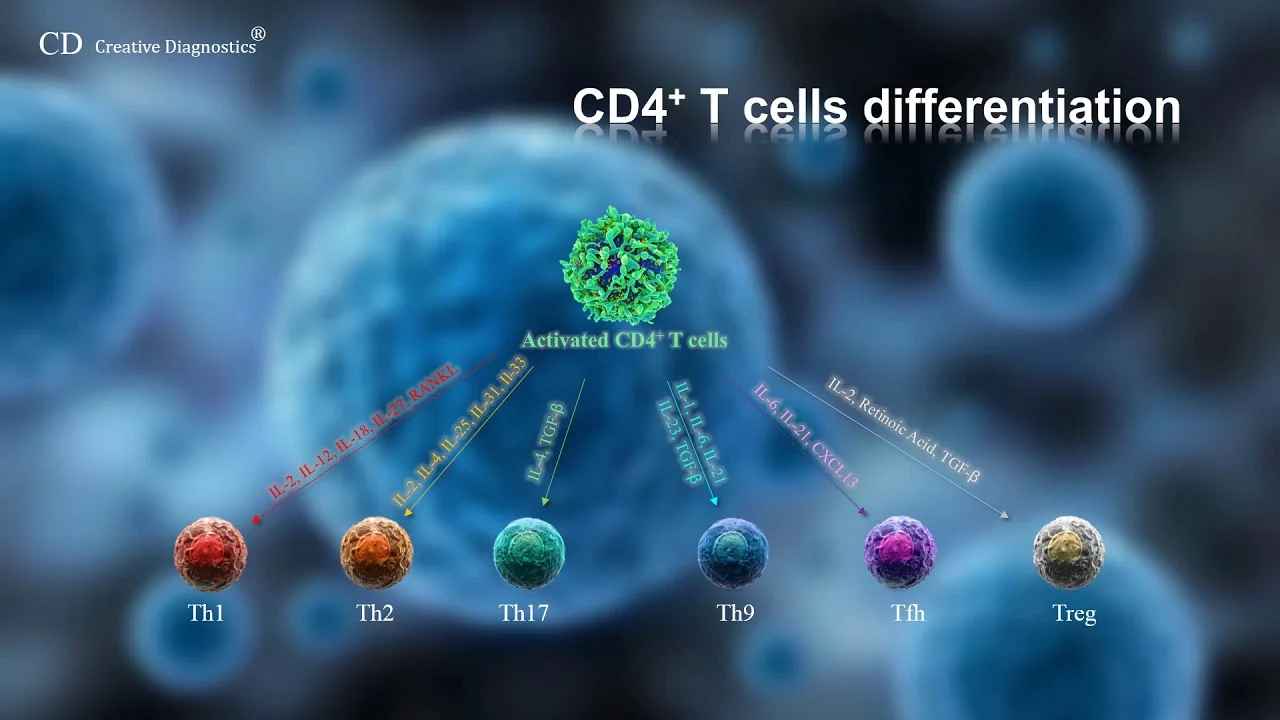A new anti-aging mechanism of the immune system was discovered

Scientists at Ben-Gurion University in Israel have achieved significant scientific results in studying the natural defense mechanisms of the human body against aging. This was reported by Zamin.uz.
Researchers have identified special cells in the immune system that were previously unknown but may play an important role in slowing down the aging process. These cells are a unique type of CD4 T-cells, capable of eliminating senescent cells—aged and inactive cells, often called “zombie” cells—that accumulate in the body.
Although these cells stop dividing, they release harmful substances that trigger inflammatory processes, damaging tissues and leading to age-related diseases. The study demonstrated at the molecular level that under the influence of senescent cells, CD4 T-cells transform into a special “fighter” form known as CD4-Eomes.
These fighter cells identify and destroy “zombie” cells, preventing their excessive accumulation. Experiments conducted on mice confirmed that CD4-Eomes cells appear in response to the presence of senescent cells.
Moreover, when the activity of these cells was artificially suppressed, a sharp increase in the number of aged cells was observed. Additionally, studies conducted on a liver cirrhosis model showed that CD4-Eomes cells have the ability to protect tissues from degradation and reduce signs of aging.
Experts emphasize that this discovery proves the immune system has natural mechanisms against aging and opens new possibilities for slowing biological aging. In the future, methods to enhance the activity of CD4-Eomes cells may enable the prevention of age-related diseases.
However, further extensive research is necessary in this area. The new mechanism undoubtedly opens a promising outlook in the fight against aging.







